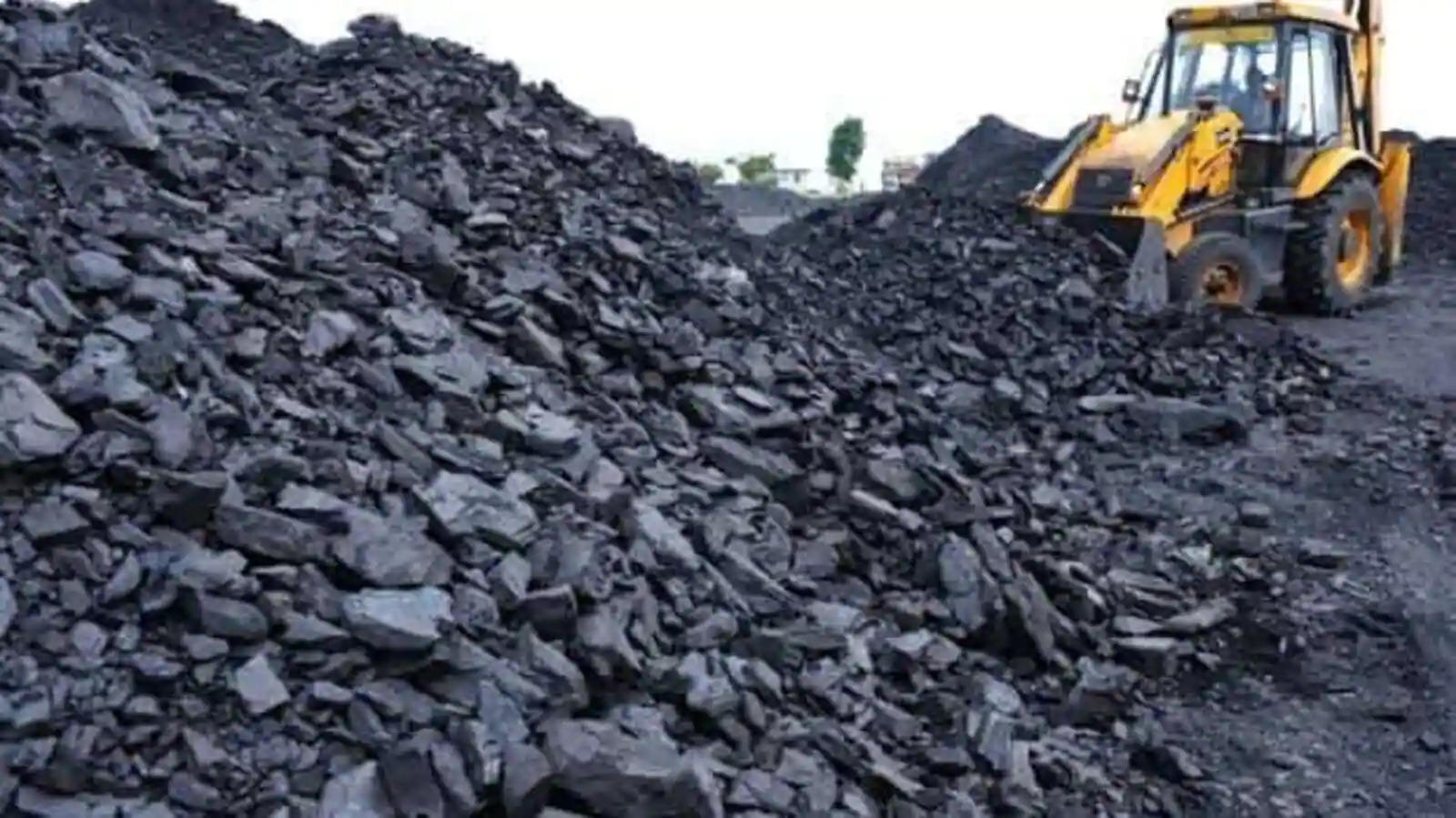
Higher prices of coal could slow down the debt reduction plans of Indian steel-makers, with leverage for the sector weakening to 2021 levels if input prices remain at the current levels, said S&P Global Ratings.
“We no longer think India’s leading steel companies will shed debt in the coming fiscal year,” said Anshuman Bharati of S&P said in a note on Wednesday. “Instead, debt should remain at the same level, due to narrower steel spreads that will feed into cash flows.”
The firm sees the consolidated debt of major steel makers in the country — which account for three-fifth of the country’s production — at 2.1 trillion rupees as on March 2025, up 150 billion rupees from what was previously estimated.
S&P now sees the average prices of metallurgical coal at USD 270 a ton in 2024, up from USD 220 a ton estimated earlier. This is largely due to supply constraints in Australia, tensions because of the Red Sea, and strong demand from India and markets outside of China.
The average prices of met coal have jumped by a fourth sequentially in the December quarter. The average prices of coal in 2023 was USD 300 per ton, while the current price of coal is USD 315 per ton.
Average prices of coal in 2024, though, are expected to be lower than that in 2023 because of an improvement in supplies from Australia in the second half of 2024 from several new mines, especially in Queensland and New South Wales.
Steel prices in the domestic market in 2024-25 (Apr-Mar) are seen underpinned by an improvement in demand, largely due to spending on infrastructure for the National Infrastructure Pipeline, but may not be enough to match the rise in input costs.
The average debt-to-operating profit ratio of these steel producers will be 2.4 times by March 2025, and if coal prices remain at the same levels, it could also cross 3 times, which is the 10-year median for these companies.
“That would undo several years of debt improvement in the sector and could derail expansion plans needed to accommodate growing steel demand,” S&P said.
Steel-makers could also defer their next leg of expansion if the debt-to-operating profit ratio of the sector exceeds its 10-year median, Bharati said.
India plans to increase its domestic production capacity to 300 million tonnes by 2030, up from around 155 million tonnes currently. The country will have around 170 million tonne of capacity by the middle of this year.

